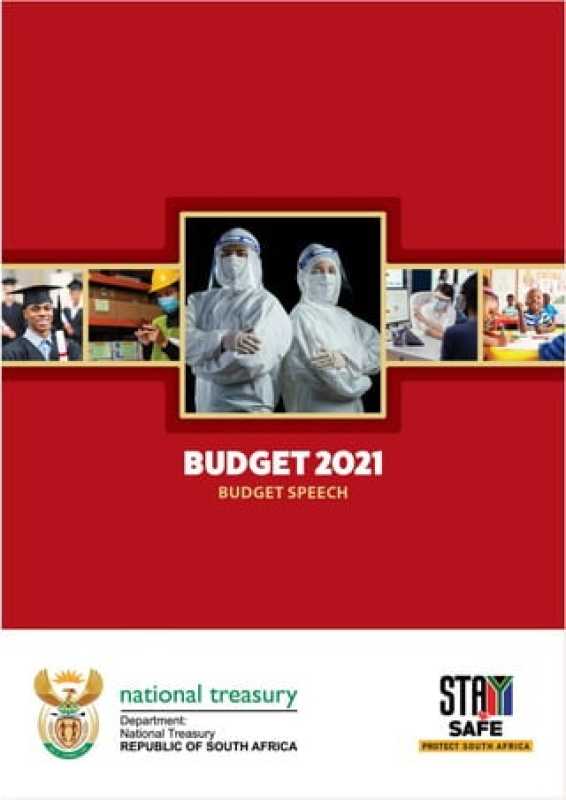Business
South Africa’s Economic Destiny Hangs in the Balance: Analysis of 2024 Budget Speech by Finance Minister

As South Africa eagerly anticipates Finance Minister Enoch Godongwana’s 2024 Budget Speech, experts are delving into the intricate elements that will shape the country’s economic trajectory.
The budget presentation transcends mere numbers on a financial statement; it serves as a reflection of the nation’s values and obligations.
In a recent interview with eNCA, David Warneke, the Head of Technical Tax at BDO South Africa, shared insights on the upcoming budget announcement.
Debt remains a paramount concern as it has been steadily escalating for over a decade, with a substantial surge in 2020 that pushed it past the 70% of GDP mark in 2021.
Although there was a slight decline in 2022, the debt has once again risen and consistently remains above that threshold, necessitating an additional R15 billion for the 2024/2025 fiscal year and facing a massive revenue shortfall of approximately R111 billion.
The government has three primary avenues to address this deficit: increasing taxes, reducing expenditures, or borrowing more funds. Minister Godongwana has hinted at employing a combination of these strategies, although each poses its own challenges.
Raising taxes could burden South Africans further, cutting spending may hinder economic growth, and borrowing more only escalates the debt burden that already diverts a significant portion of revenue towards interest payments.
Despite the fiscal challenges, there is an emerging trend of enhanced collaboration between the public and private sectors, fostering opportunities for increased investments and economic expansion.
Furthermore, there is scope for modernizing tax systems, leveraging artificial intelligence, and promoting digital transformation, all of which could bolster revenue streams without resorting to tax hikes.
The upcoming 2024 Budget Speech will be closely scrutinized for Minister Godongwana’s strategy to navigate the mounting national debt and alleviate financial pressures on the populace, with a primary focus on stimulating economic growth.
A key point of interest is the government’s plans concerning critical entities like Eskom and Transnet, whose challenges have significantly impeded GDP growth.
On a positive note, the increased cooperation between the public and private sectors, exemplified by initiatives like the National Energy Crisis Committee and the National Logistics Crisis Committee, shows promise in addressing key issues that could reignite substantial GDP expansion.
The collaborative efforts between experts from organizations like BDO South Africa, PaySpace, and other industry leaders highlight a concerted drive to tackle economic challenges and pave the way for sustainable growth in South Africa.












